Exploring New Perspectives Through Drone Photography
Written on
The Journey into Aerial Photography
Capturing the world through a lens is an art, and adding a drone to the mix opens up a whole new dimension.
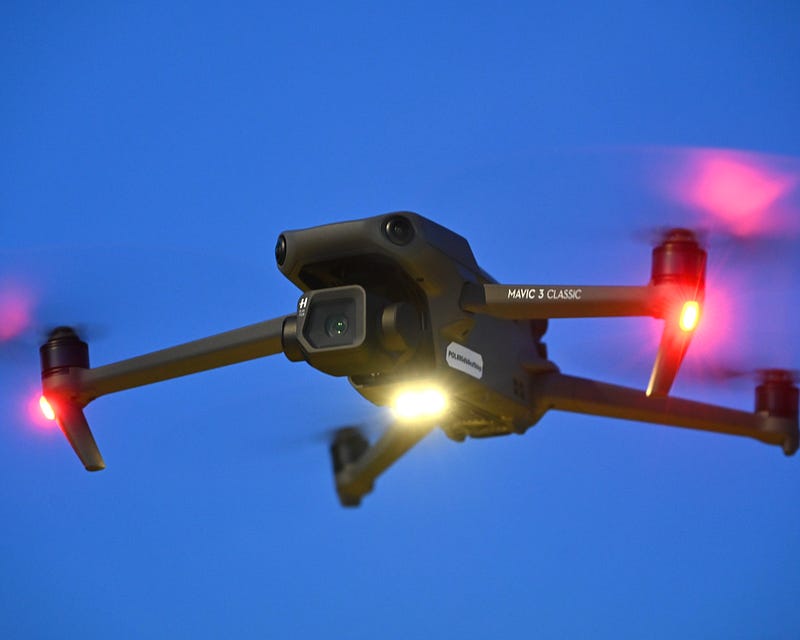
As noted by the renowned photographer Diane Arbus, "I truly believe there are things no one would witness if I didn't capture them." This sentiment resonates deeply in today’s photography landscape, where technology plays a pivotal role. With an array of cameras, lenses, editing software, digital sensors, and film, the possibilities for enhancing and transforming photographic images are endless. One notable advancement is the contemporary consumer drone—a buzzing device equipped with a gimbal-stabilized camera.
Three years ago, I would have never considered owning such a gadget, viewing it merely as a toy rather than a serious photographic tool. However, my perspective has since shifted. Now, beside my Nikon, you'll find several drones with various capabilities, each featuring a camera that leverages cutting-edge technology, allowing for innovative ways to capture the beauty surrounding us.
The Catalyst for Change
My adventure began a few years ago when I gifted my son a DJI Mini for Christmas—a compact drone with a camera comparable to a smartphone. Initially perplexed by his request, I decided to embrace it.
At first, I viewed the drone as a trivial gadget, likely to be used briefly and then forgotten, collecting dust in a closet. However, my skepticism faded when my son demonstrated its impressive features. Weighing only 250 grams (0.55 lb.), this small drone came with a gimbal camera boasting a 1/2.3-inch CMOS sensor and a fixed f2.8 aperture. It produced quality 2.7k HD videos and stills that rivaled those from a modern smartphone (think iPhone 6). Its user-friendly interface made it simple for someone like me to operate without crashing.
I quickly became enamored and included a Mini in my gear. This compact drone accompanied me on hikes along Poland’s Baltic coastline and explorations near our home in Spain. It was ideal for creating short video snippets and photos of our adventures to share with friends.
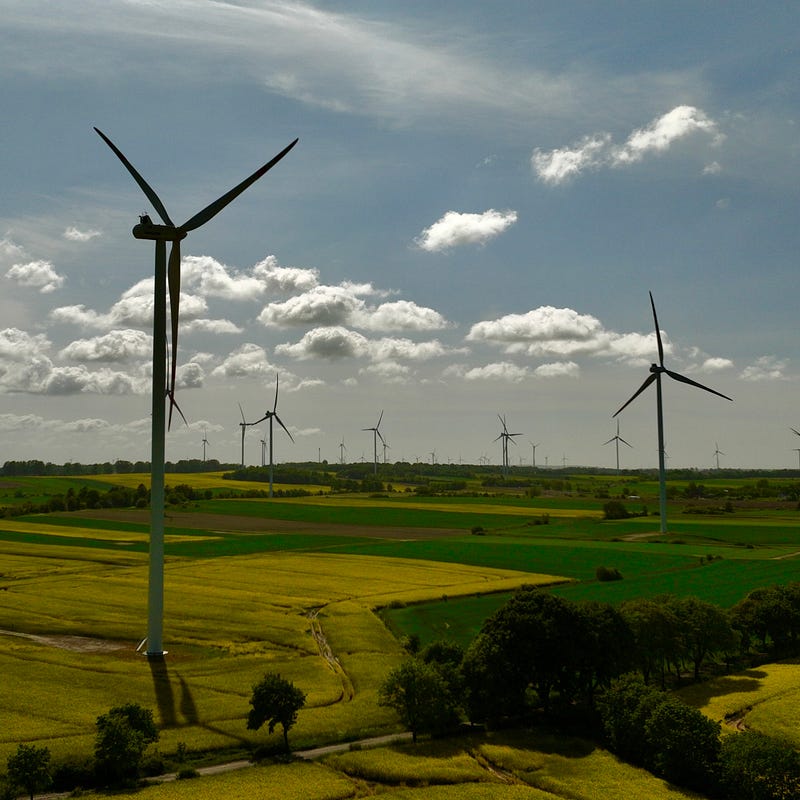
However, the Mini had limitations. With a flight time of less than 20 minutes, it required careful planning. Launching in strong winds was risky, and trying to capture images against the sun often overwhelmed the basic camera. Despite these challenges, the aerial perspective it offered was unparalleled.
Moving Up the Drone Ladder
The Mini's camera left me wanting more in terms of quality. While creating fun video clips was enjoyable, the still images didn't meet my expectations. After some research, I decided to upgrade to the DJI Air 2S—a drone with improved specifications, including a larger sensor, enhanced performance, and longer flight time. Weighing just 595 grams, it featured a 1-inch CMOS sensor capable of shooting up to 5.4K HD videos and 20-megapixel photos.
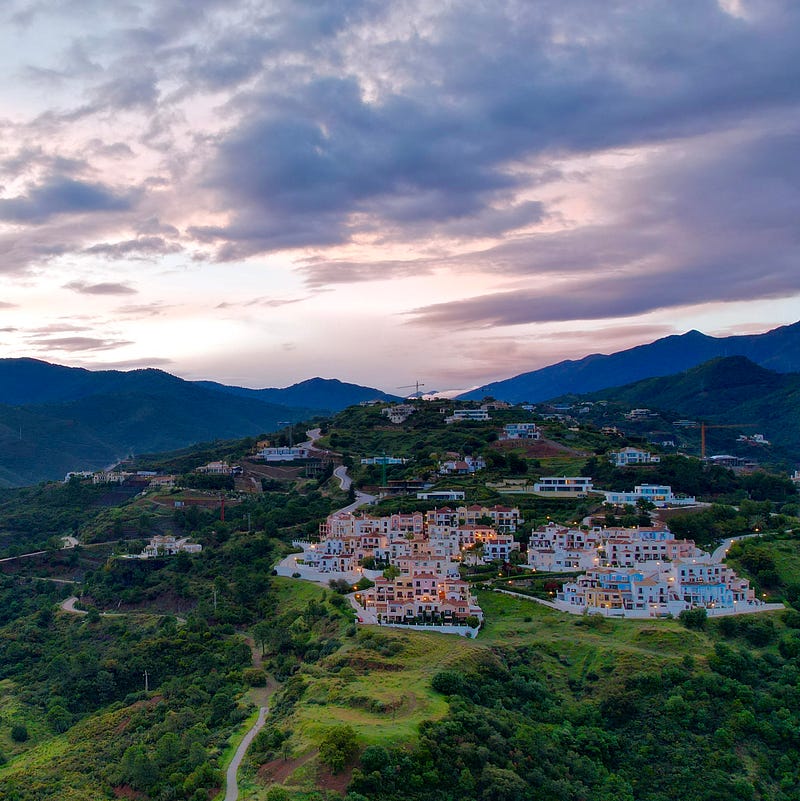
While the Air 2S provided broader photographic capabilities, it still struggled in low-light conditions. Thus, I eventually added a DJI Mavic 3 Classic to my collection. My purchasing approach involved a heartfelt discussion with my wife, who questioned when my drone acquisition spree would conclude. My argument that investing in a drone was more economical than a BMW surprisingly resonated, and I received the green light.
The Mavic 3 Classic significantly enhanced my aerial photography skills. It featured a Hasselblad camera with a variable aperture (f/2.8-f/11) and a 4/3-inch CMOS sensor. The night mode settings improved low-light photography, while larger batteries allowed for extended flights.
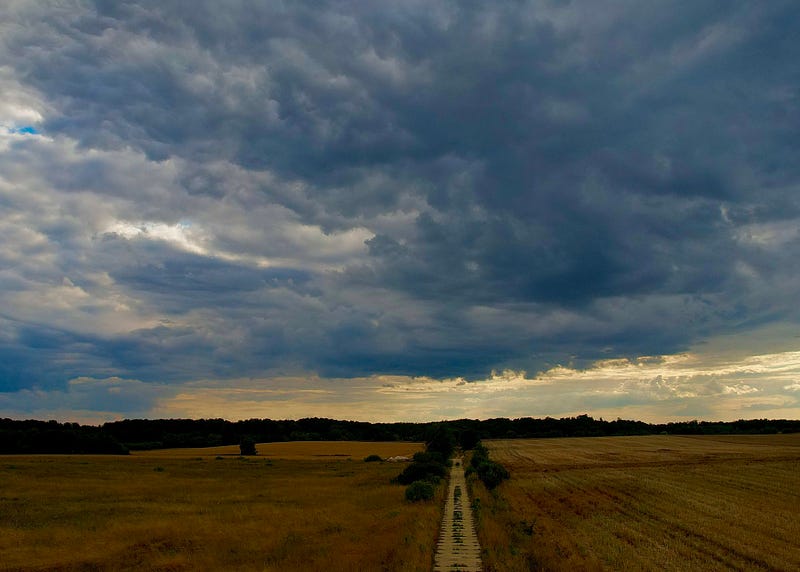
Reflections on My Drone Experience
Having acquired three drones in three years might seem excessive, but I now realize that each served a purpose at different stages of my photographic journey. The Mavic 3 is an advanced tool, but it was the Mini and Air 2S that laid the foundation for my drone skills. This progression—learning, evolving, and excelling—has been vital.
So, what lessons have I garnered?
Master the Basics
Understanding the fundamentals is crucial. The simplicity of drone cameras necessitates a focus on natural lighting; additional lighting isn't an option. The golden hour is essential for drone photography, as it provides contrast, shadows, and rich hues from the rising or setting sun, enhancing depth and visual appeal.
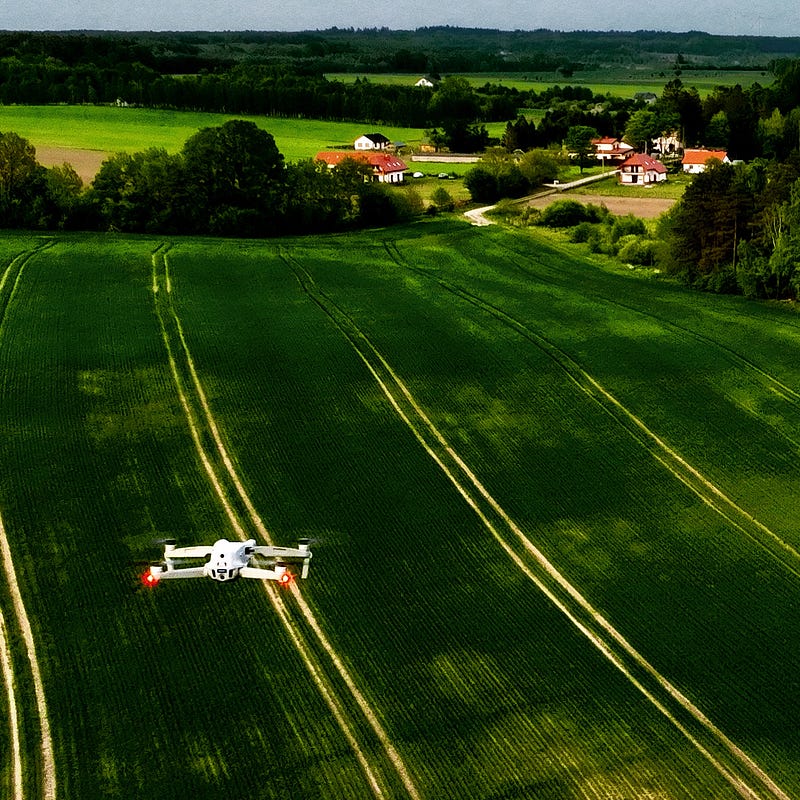
Get Out and Explore
Merely flying the drone can lead to creative stagnation. While aerial shots can look breathtaking, your audience may tire of repetitive sunset photos from your neighbor's roof. Seek out locations that resonate from above.
Lower Your Altitude
Avoid the temptation to capture only high-altitude images; they can resemble views from an airplane window. Often, the most striking shots are just above ground level, emphasizing the importance of camera placement.
Look Down for Unique Perspectives
Patterns in nature and human impacts become fascinating when viewed from above. Capture perspectives that most people overlook.
Shoot with Purpose
This is a vital principle for any photographer. Random shooting yields uninspired results. For me, drone photos complement narratives and highlight unique aspects of a location. I always plan my shots in advance.
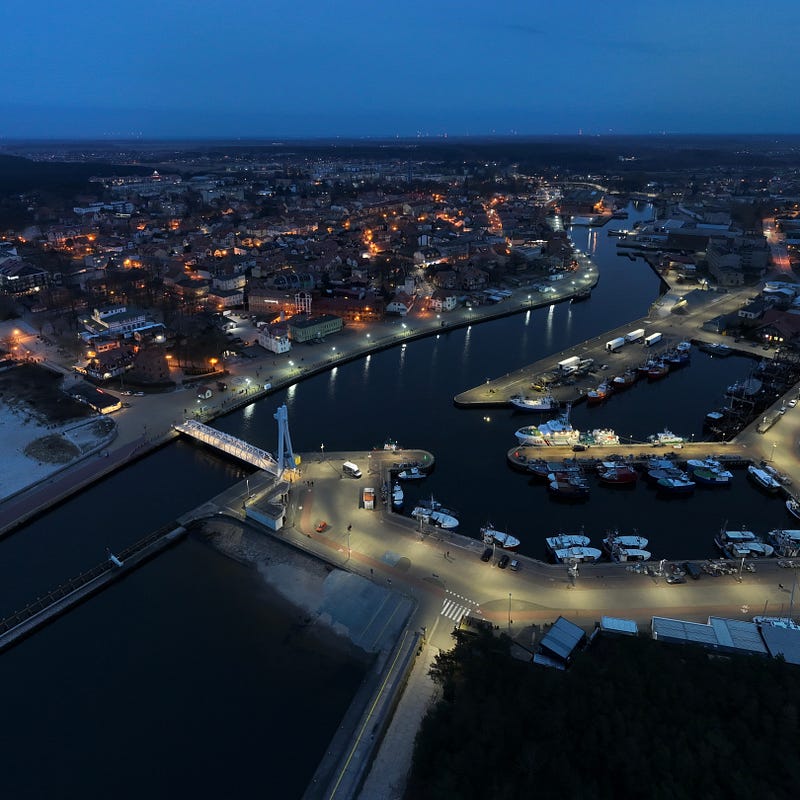
While owning a drone may not be for everyone—due to operational complexities and regulatory concerns—it undeniably broadens my photographic horizons. Adjusting the camera's elevation adds a new dimension to storytelling, transforming it from a mere gadget into a valuable tool for capturing the world around me.
I never leave home without it.
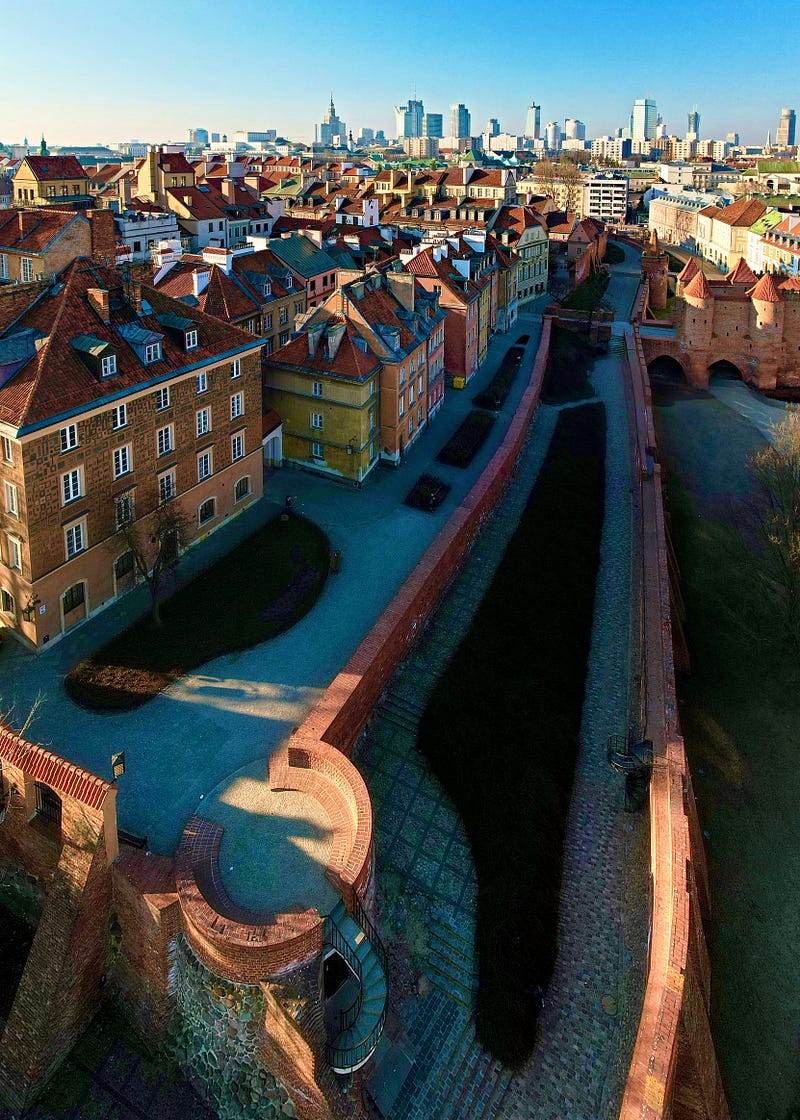
Thank you for reading!